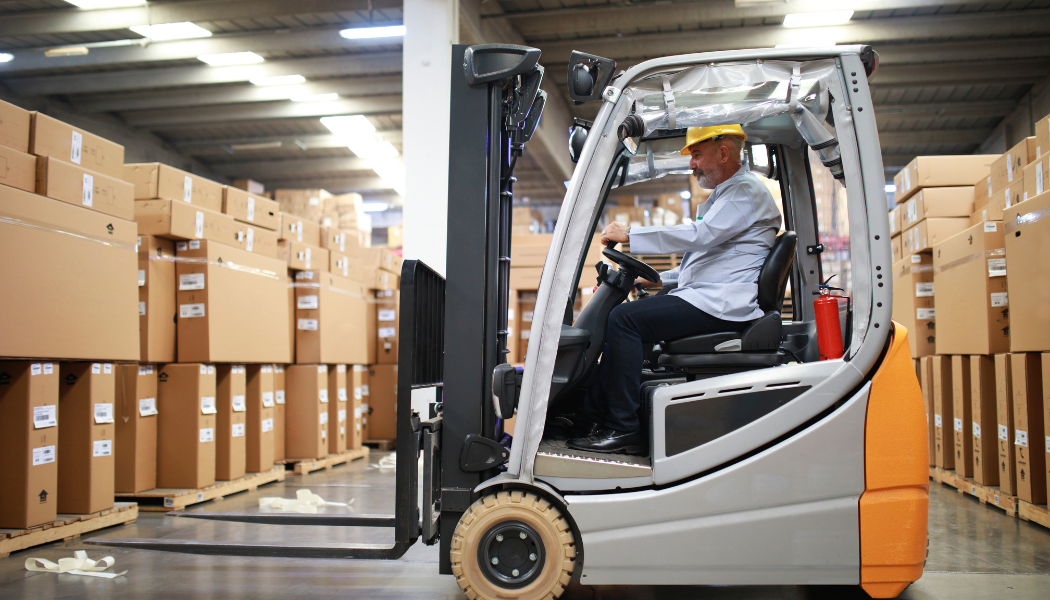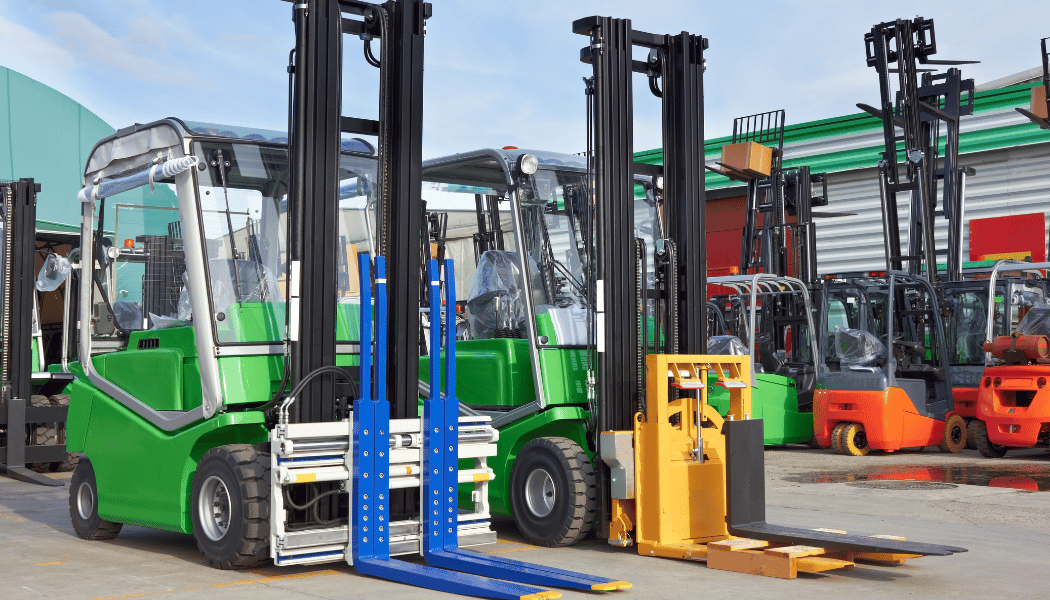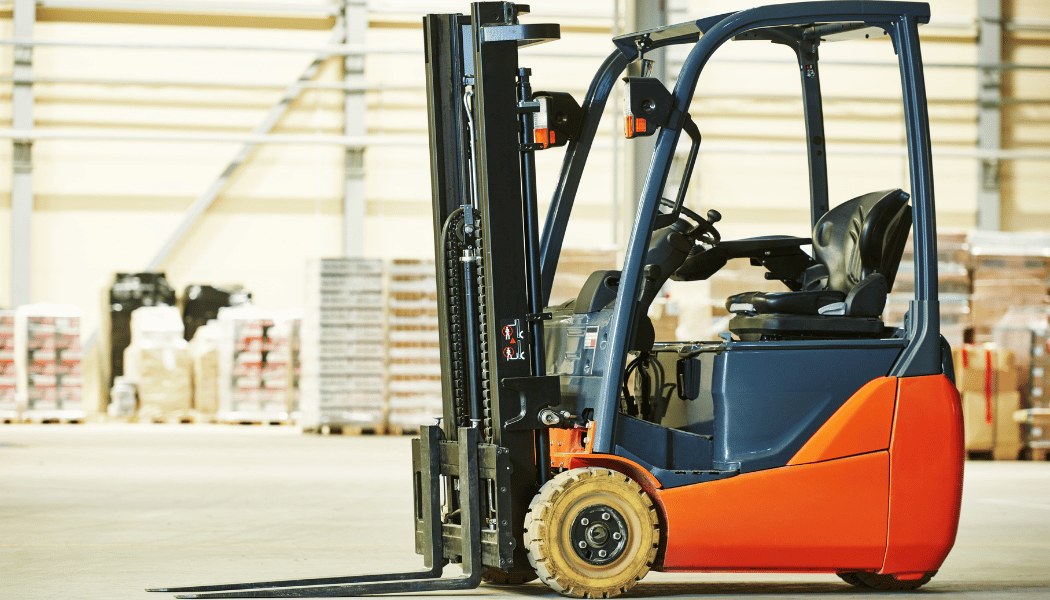Pros and Cons of Electric Forklifts - How to Buy the Right Forklift
Electric Forklifts are rising in popularity in construction and heavy-lifting fields, providing better features and sustainability than LPG or Diesel Forklifts. Let's look at their pros and cons!

The advancements in battery and electric motor capabilities have improved the quality of electric forklifts and are gaining popularity all around the world. If you are a business owner with a constant need for heavy lifting, you are probably considering whether you should invest in traditional diesel forklifts or more economical electric forklifts. Don't worry, we are here to clear just that dilemma. Let us take a look at some of the advantages and disadvantages of electric forklifts in this blog!
Pros and Cons of Electric Forklifts:
Electric means it is more environmentally friendly as there is no burning of fuels involved, but that does not mean it is going to deliver as much as a diesel-powered forklift. Here are the pros and cons:

Pros:
1) No Emissions:
Electric forklifts don't produce any exhaust fumes unlike diesel or LPG forklifts which makes them an ideal weight-lifting machine for indoors and outdoors. It will not contaminate your warehouse or storage cell with any harmful fumes so your staff can keep their masks off. If you have a food processing or meat business that requires forklifts, the electric ones are better suited for the job.
2) Lower Maintenance:
Electric forklifts do not have an engine or transmission, it is just a motor doing its job. The only maintenance required for them would be for the battery, motors and chassis if you hire a bad operator. The lesser number of moving parts in an electric forklift makes maintenance a breeze and thus, lesser cost too. An electric forklift would cost you the same as a fuel-powered forklift with the upside of not having to spend a lot on maintenance.
3) Better Control:
Forklifts are made to be maneuverable and easy to operate in small warehouse lanes and narrow spaces. While LPG or diesel forklifts are maneuverable, electric forklifts offer a tighter turning radius. An all-electric forklift is also very responsive to controls and can be automated with sensors for a better understanding of the operator's surroundings. This keeps the damage minimum as long as you have a good operator.
4) Better Visibility:
The rear visibility of traditional fuel-operated forklifts is limited as they have a huge bulk as a counterweight on the back. This problem has been fixed in the design of an electric forklift as the battery fits right below the operator's seat, acting as a counterweight by itself. Since there is no engine, there is no technicality in the engine placement, providing room to include more effective parts under the hood. Now that the operator can see what is behind them, you can hold them accountable if they try to blame it on visibility for toppling over your cans of food.

Cons:
1) Higher Price:
The initial investment of purchasing or renting an electric forklift is higher than the price of an LPG forklift. So, if you are on a budget and you won't be doing that much of heavy-lifting, then an electric forklift is not for you. But, if you want to save your hard-earned money in the long run considering the rising prices of fuel, go green, go electric.
2) Battery-Charging:
It takes a lot of time to charge these machines. Electric forklifts are usually equipped with traditional lead-acid batteries that take a minimum of 8 hours to charge and 8 hours to cool down, making them non-ideal for multi-shift operations. In this case, it is advisable to purchase multiple forklifts to keep one on standby when the battery runs out. Another smart choice would be to use lithium-ion batteries that provide faster charging for a better business.
3) Environmental Hazards:
Temperature changes can affect electric forklifts more than any traditional material-handling machine. Terrains that are too wet may damage the electrical components of an electric forklift like the control panel and the battery. There are sealed battery options available in these cases. Electric forklifts are not designed to be used outdoors in general, but a lot of big names in the material handling manufacturing industry have already started innovating new heavy-duty electric forklifts for all the bigger lifting too.
Conclusion
In summary, choosing between diesel and electric forklifts hinges on your business priorities. Electric forklifts excel in indoor settings with zero emissions, lower maintenance, better control, and improved visibility. However, they come with a higher initial cost and longer charging times. Environmental hazards may also impact their performance. If environmental sustainability and long-term cost savings matter most, electric forklifts are a great choice. For those focused on upfront costs and budget considerations, traditional diesel forklifts remain a viable option.
